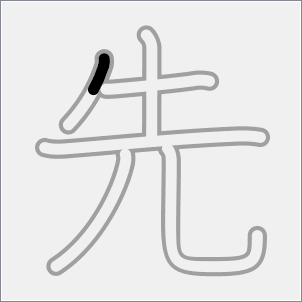
Over the centuries, man has created different types of dictionaries with different purposes in mind. From ancient Akkadian times to today, dictionaries represent important and valuable achievements in various cultures. History suggests that dictionaries in the form of word lists are a very old invention. With the added benefits of giving users the ability to request new resources while keeping track of the request internally and allowing the updates of the whole language database seamlessly, the proposed solution to eDictionary provides user engagement and continuous integration that should benefit us all. To that end, cooperation was initiated with Croatian Language Portal and their Croatian dictionary with the aim of hyperlinking all of our Croatian lemmas to their word definitions. Furthermore, such a design allows a link to resources hosted on other web portals.

Since eDictionary is built as a website, it is established as a platform, agnostic and available to everyone with Internet access.

With a great deal of care and discussion, an online e-dictionary was chosen as a platform for its ease of use, accessibility, and expandability, in lieu of a traditional printed dictionary. With an interdisciplinary approach, a team of linguists, language teachers, information scientists, and students themselves undertook a task of developing a learner's dictionary of Asian languages. For some languages, this scarcity of available resources is even more obvious and further complicates the issue. Combined with lacking or simply non-existent language resources, the task itself seems almost impossible. On its own, learning a new language is an inherently daunting task. We have found that students mostly enjoy using Memrise to study, and that it is beneficial to their results Although vocabulary is only a part of the cumulative language acquisition process, sustainable learning e-system can help students to improve all their language skills. After two semester usage with the group of 27 university students, those who have regularly used Memrise for learning have had 40% better grades at the end of both semesters. Upon the completion of the e-courses, they were distributed to the students and their results recorded. Secondly, materials were creating using language textbooks Genki 1 and 2 as a reference, since they are main Japanese textbooks used in Croatia. According to both the literature review and assessment of e-learning tools, Memrise was chosen as most fitting platform.
Memrise human japanese free#
Firstly, we have assessed previous research on the subject of vocabulary acquisition and e-learning, as well as the existing free platforms for language content creation.

This paper presents the methodology and results of creating Croatian language materials for e-learning and m-learning of Japanese language vocabulary through Memrise platform.


 0 kommentar(er)
0 kommentar(er)
